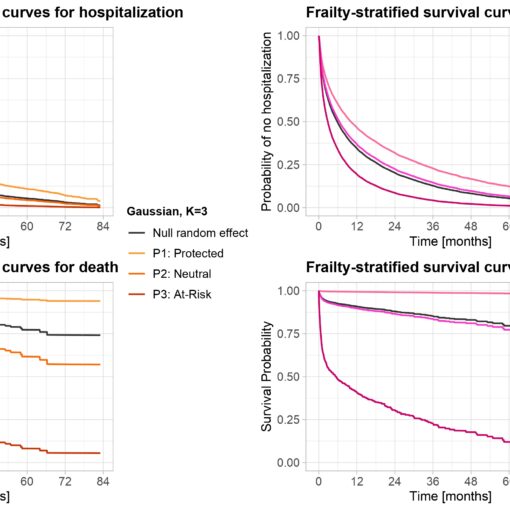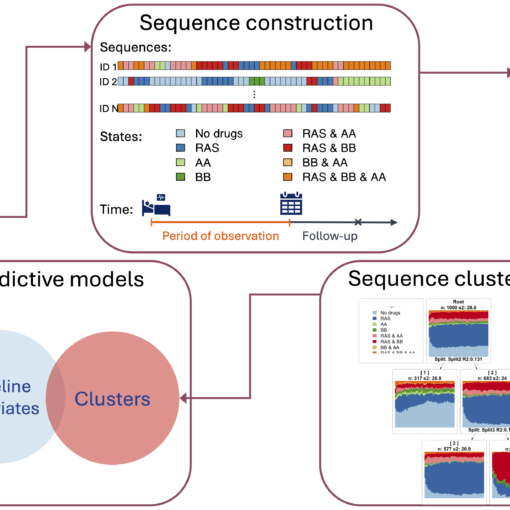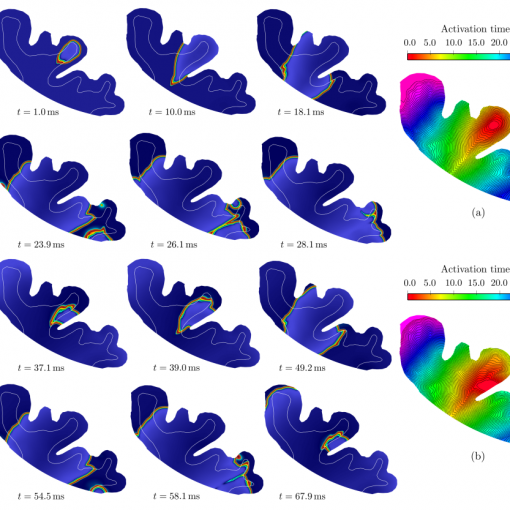A new MOX Report entitled “Interpretable and efficient data-driven discovery and control of distributed systems” by Wolf, F.; Botteghi, N.; Fasel, U.; Manzoni, A. has appeared in the MOX Report Collection.
Check it out here: https://www.mate.polimi.it/biblioteca/add/qmox/59-2025.pdf
Abstract: Effectively controlling systems governed by Partial Differential Equations (PDEs) is crucial in several fields of Applied Sciences and Engineering. These systems usually yield significant challenges to conventional control schemes due to their nonlinear dynamics, partial observability, high-dimensionality once discretized, distributed nature, and the requirement for low-latency feedback control. Reinforcement Learning (RL), particularly Deep RL (DRL), has recently emerged as a promising control paradigm for such systems, demonstrating exceptional capabilities in managing high-dimensional, nonlinear dynamics. However, DRL faces challenges including sample inefficiency, robustness issues, and an overall lack of interpretability. To address these issues, we propose a data-efficient, interpretable, and scalable Dyna-style Model-based RL framework for PDE control, combining the Sparse Identification of Nonlinear Dynamics with Control (SINDy-C! ) algorit hm and an Autoencoder (AE) framework for the sake of dimensionality reduction of PDE states and actions. This novel approach enables fast rollouts, reducing the need for extensive environment interactions, and provides an interpretable latent space representation of the PDE forward dynamics. To address these challenges, we propose a data-efficient, interpretable, and scalable Dyna-style Model-based Reinforcement Learning framework specifically tailored for PDE control. Our approach integrates Sparse Identification of Nonlinear Dynamics with Control within an Autoencoder-based dimensionality reduction scheme for PDE states and actions (AE+SINDy-C). This combination enables fast rollouts with significantly fewer environment interactions, while providing an interpretable latent space representation of the PDE dynamics, facilitating insight into the control process. We validate our method on two PDE problems describing fluid flows – namely, the 1D Burgers equation and 2D Navier! -Stokes e quations – comparing it against a model-free baseline. Our extensive analysis highlights improved sample efficiency, stability, and interpretability in controlling complex PDE systems.





